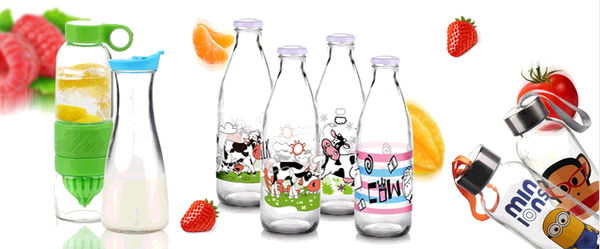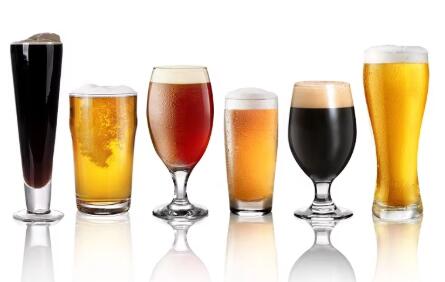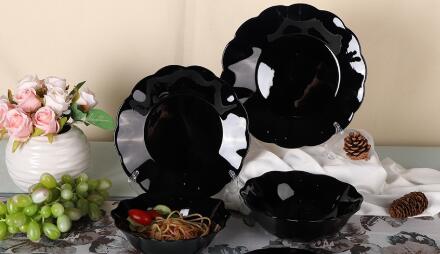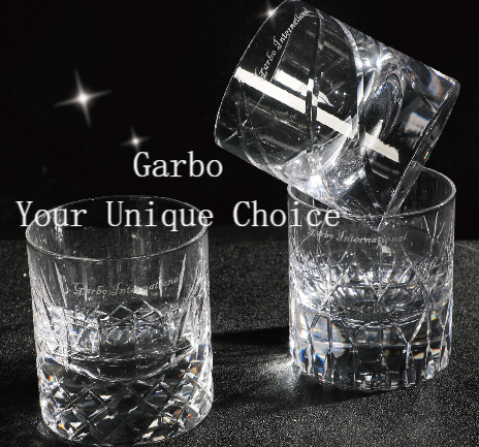Precautions for the use of glass
Pulished on Jun. 14, 2019When we go shopping in the supermarket, we can see a wide range of glasses. They are very bright in color and have a good texture. Of course, we can also see colorless and transparent crystal glasses. Therefore, are the glasses made of the same material? What materials do glass cup have? As we all know, soda-lime glassware are the most common glass in our life. High borosilicate glass is well-known for its high content of boron oxide and heat resistant , and the crystal glass is a high-end product in glass. Now let's learn about the advantages and materials of glasses.
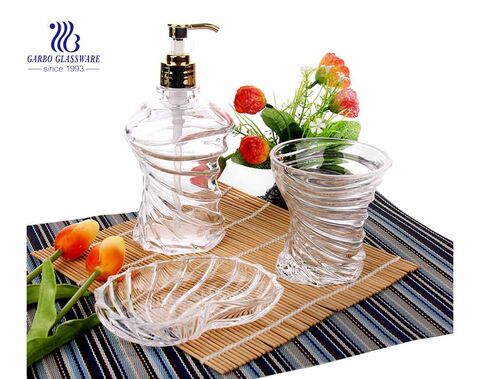
The material of glassware
1.The soda-lime glassware. The soda-lime glassware is the most common glass cup in our life. Its important components are silica, sodium oxide and calcium oxide. This kind of water cup is made by mechanism and handmade blowing, which is cheap and is usually for daily usage. If the soda-lime glassware is used for hot drinks, it usually needs to be tempered when it comes out of the factory, otherwise the cup will crack if there is too much temperature difference.
2. High borosilicate glass. This glass is named for its high boron oxide content. This material is often used in tea sets and teapots. In addition, high borosilicate glassware can withstand large temperature differences without breaking.
3. Crystal glass. This kind of glass belongs to the high-end products in glass, because it contains many metal elements, its refractive index and permeability are very close to natural crystal, so it is called crystal glass. There are two kinds of crystal glass, lead crystal glass and lead-free crystal glass. Lead crystal glass is not recommended to be eaten, especially acidic drinks which are usually drinked in water cups. Lead elements will dissolve into acidic liquids and lead poisoning will be caused by long-term consumption. Lead-free crystals are lead-free and harmless to the body.
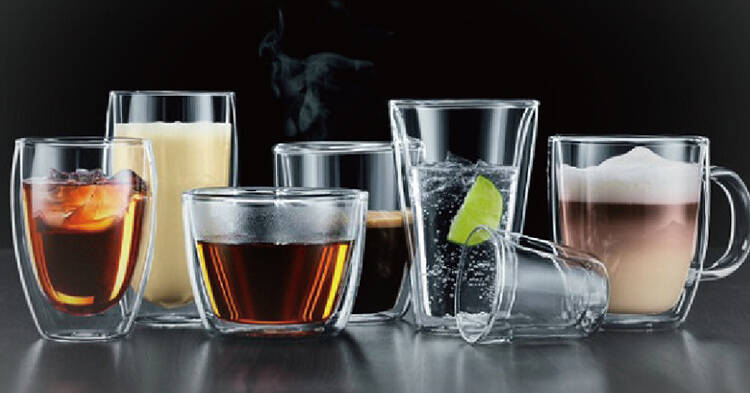
The difference of ordinary glassware and high borosilicate glassware
Ordinary glassware are easy to uneven heating, resulting in different parts of the temperature. Because of the principle of thermal expansion and cold contraction, when the heating is uneven and the temperature difference is too large, the glass is easy to break. At the same time, ordinary glasses' heat resistance is not high, but too high temperature is also easy to make the glass break.
However, high borosilicate glassware are made by high temperature firing, which can adapt to high temperature and low temperature. Tea, acidic drinks and other liquids are also free of odor and odor. In particular, borosilicate is a special glass material with high chemical stability. There is no such thing as melting silicon. Therefore, borosilicate glassware are easy to clean and meet safety standards.
What's more, when buying a glass cup, do make sure it's lead-free. It doesn't matter what kind of glass it is, but make sure it's lead-free.
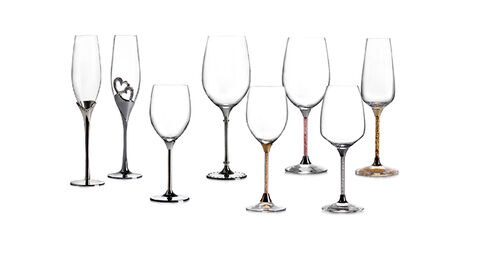
The advantages of glass cups
1. Materials: the cup body is made of high quality borosilicate crystal glass tube, with high transparency, wear resistance, smooth surface, easy cleaning and health.
2. Structure: the double-layer heat insulation design of the cup body not only keeps the temperature of tea soup, but also keeps it from being hot, which makes it more convenient to drink.
3. Process: it is fired at a high temperature of 640 degrees, with strong adaptability to temperature change. The instantaneous temperature difference is -20℃ -- 150℃, which is not easy to burst;
4. Hygiene: it can reach food grade standard. Meanwhile, glass can hold hot water, tea, carbonic acid, fruit acid and other drinks at a high temperature of 100 degrees.
5. Leak-proof: the inner layer and outer ring of the lid conform to medical-grade safety standards and effectively prevent leakage;
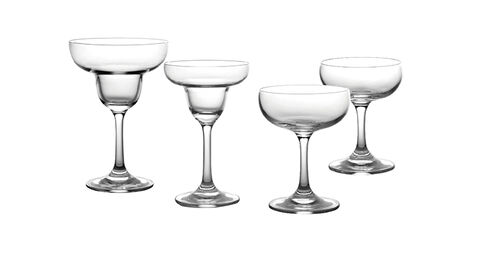
Precautions for use of glass cups
1. Clean the glass with soft cloth and warm water before use;
2. In order to avoid the appearance of scratches on the cup body, please do not wipe the cup body with rough wire balls;
3. When the glass is filled with boiling water, the water level should not be too full to avoid overflow when making tea;
4, do not put the glass into the microwave oven, disinfection cabinet and other high temperature appliances directly heating, so as not to cause deformation of the cup body, affect the use effect;
5. The lid can be opened clockwise (right hand is twisted from left to right), otherwise burns may be caused;
6. Children should be careful to use the products to prevent them from being damaged or scalded
